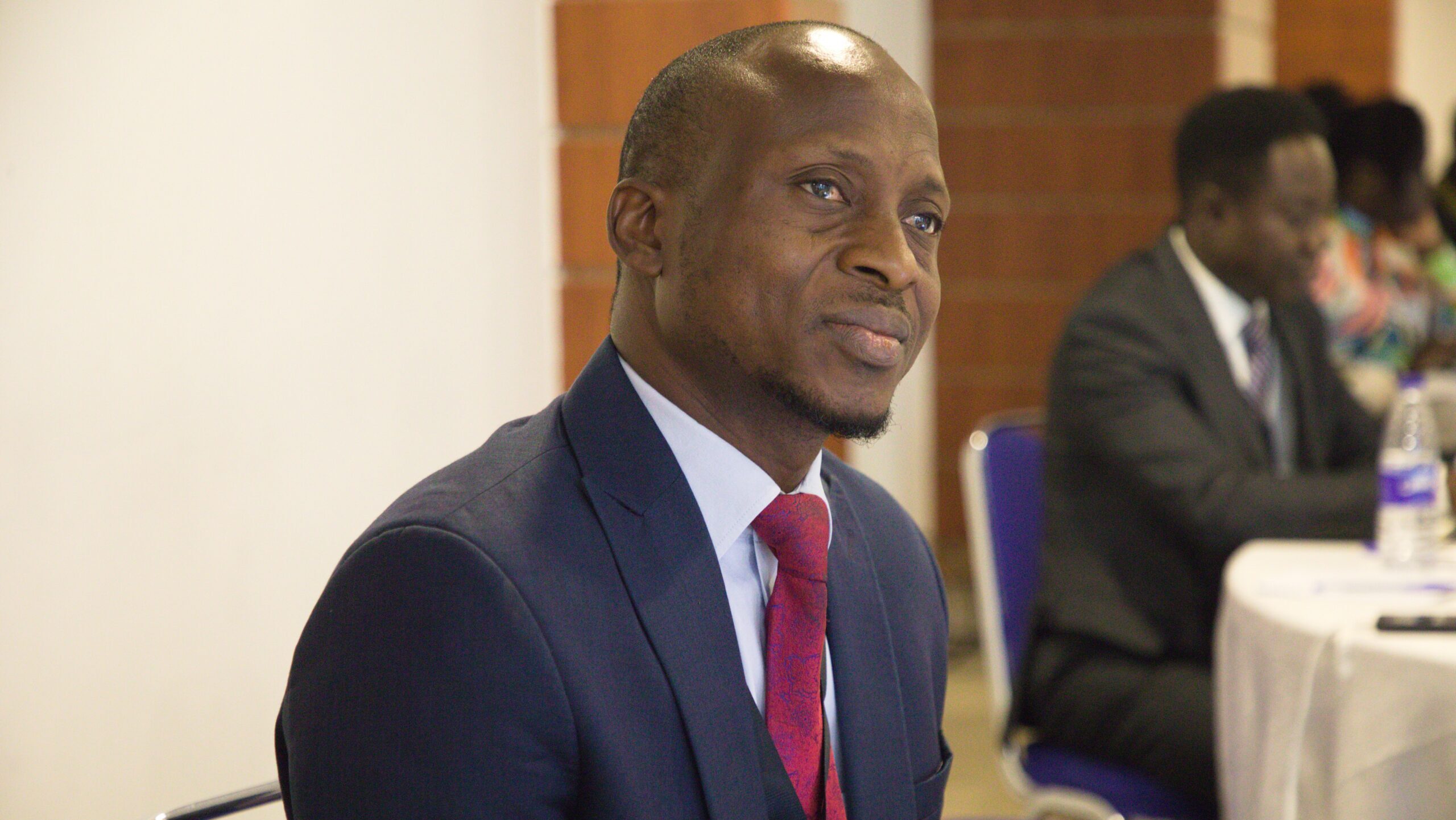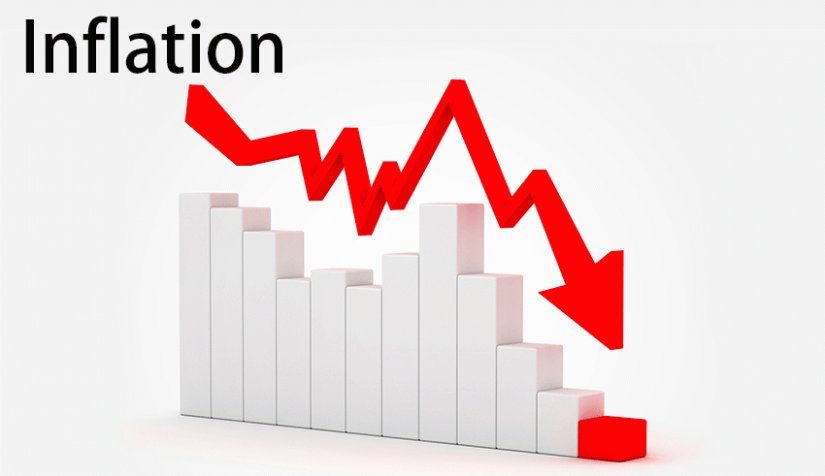Nigeria: Assessing Trump’s Threat Under the UN Charter
Nigeria: Assessing Trump’s Threat Under the UN Charter
By M.K. Ibrahim
I was almost tempted to start writing this piece by quoting the statistics of the Christians reportedly killed in Nigeria and the churches attacked and destroyed since 2009. Still, I was held back by the lack of independent sources that could back the statistics. However, the statistics have gained considerable traction from the action of several U.S. politicians, international faith-based organisations, Nigerian Christian leaders, and supporters of some Nigerian insurgent groups both within and outside Nigeria. It is essential to note that the reliability of any statistics is closely tied to the credibility of their sources and the objective behind their compilation. Benjamin Disraeli, put it more aptly when he said, “There are lies, damned lies, and statistics”.
The statistics often cited to support the claim of “Christian Genocide” in Nigeria are, for many a compelling proof of the crime of genocide. However, figures alone don’t constitute genocide. Genocide is established through a strict legal test, defined under international law, mainly the 1948 UN Convention on the Prevention and Punishment of the Crime of Genocide, and upheld by courts such as the International Court of Justice (ICJ) and the International Criminal Court (ICC). The absence of these foundational processes raises questions about the legitimacy of labelling any of the unfortunate killings in Nigeria a genocide – and there were many – but to mention a few: Odi in Bayelsa (1999); Zaki Biam in Benue (2001); the Baga Massacre in Borno State (2013); the 347 Shi’ites killed and buried in a mass grave in Mando, Kaduna State in December 2015; multiple carnages in Zangon Kataf in Kaduna State; and the series of killings in both Plateau and Benue states.
From 2009, when Boko Haram started their terrorist acts, followed by ISWAP, Ansaru, and the Eastern Security Network (ESN), etc, roughly tens of thousands of Nigerians have been killed by terrorist groups. The Premium Times (9/11/25), quoting ACLED, showed that between 2009 and 2025, about 53,000 Nigerians lost their lives, mostly as a result of the activities of the above-mentioned terrorist groups. Also, the office of the United Nations High Commissioner for Refugees (UNHCR) in their June 2025 report, indicated that there are 8.18 million Internally Displaced Persons (IDPs) in Nigeria, with more than 25% from the north-east. From these figures, discerning minds will easily subscribe to these facts: (One); Since 2009, successive administrations in Nigeria have struggled to fulfill their responsibility to safeguard citizens’ life and property, which governments all over the world carry out through law enforcement and other state institutions like the police and military; (Two); more than 80% of the killings in Nigeria, especially in the north-east, north-west and central Nigeria, are by non-state actors and other criminals; (Three); Nigerians from all parts of the country, irrespective of their tribe or religion are victims of these tragic and senseless killings; (Four); there is no evidence that there is a state policy in Nigeria targeting citizens based on their religion or belief. However, it is incumbent on the Federal Government to bring to an end by all means necessary these unwarranted killings all over the country, to strengthen, once more, Nigeria’s unity, her pride and glory in the international community.
Nowhere has the narrative of the Christians’ genocide in Nigeria been more amplified and widely believed than in the U.S., especially among Republicans and Trump’s fanatical evangelical Christiann groups. Senator Ted Cruz, a leading Israeli lobbyist, sponsored a bill in the Senate requesting the US Secretary of State to designate Nigeria as a “Country of Particular Concern” (CPC), a label the U.S. government uses for countries that severely violate religious freedom. It comes from the U.S. International Religious Freedom Act (IRFA). With CPC status, President Trump is likely to impose targeted sanctions on Nigerian officials, who in his perception “facilitate violence against Christians and other religious minorities or enforce blasphemy/Sharia laws to the detriment of Christians”. As a CPC country, the U.S. can also cut or condition foreign aid to Nigeria, freeze assets of specific Nigerian officials, and push against loans for Nigeria from international financial institutions, like the World Bank. In addition, sanctions or conditions may be tied to future U.S. military aid, training, or intelligence-sharing arrangements. There is no doubt that CPC status will be a big setback for Nigeria in its current economic situation. The irony is that some of these measures, especially the economic ones, will affect all Nigerians, irrespective of whether they are Christians or Muslims.
While there were signs that President Trump would redesignate Nigeria a CPC, nobody in his wildest dreams ever thought that the president would threaten to invade Nigeria, as he posted on his social media platform on 1-2 November, 2025. In one post, he said the U.S. might now go into the ‘now disgraced country, guns-a-blazing to completely wipe out the Islamic Terrorists who are committing these horrible atrocities. Furthermore, Trump said, “I am hereby instructing our Department of War to prepare for possible action. If we attack, “it will be fast, vicious, and sweet.” When specifically asked whether he envisioned U.S. troops on the ground or air strikes in Nigeria, he replied: “Could be. I mean … I envisage a lot of things”. These comments were made soon after Trump has redesignated Nigeria a CPC. Some of the terrorist groups, like Boko Haram, ISWAP, and Ansaru have also bases in Niger, Chad and Cameroun, not to mention the nomadic herdsmen who traverse vast territories in West Africa before reaching Nigeria. Would the U.S. escalate their operation to these countries?
Diplomatic relations between Nigeria and the US have not been at the highest level under either President Buhari or President Tinubu. Morocco, Kenya, Angola, Senegal, Ghana, Nigeria and South Africa, in that order, were the United States closest allies in Africa. While Morocco and Kenya are now designated as ‘major non-NATO allies’, Angola, Senegal and Ghana, are considered as the United States ‘Key Strategic Partner’” in Africa. On the other hand, in the last five years, South Africa and Nigeria have gradually turned their attention to strengthening relations with China. South Africa is a member of BRICS, while Nigeria is now a BRICS Partner-Country, and hopes to be a full member of the group next year. President Trump is not happy with both Nigeria and South Africa, accusing the South African government of “Killing Whites” and the Nigerian government of “Killing Christians”, which are unverified allegations, but capable of undermining the national stability of the two countries. Other issues on which Nigeria has a grouse with the Trump administration, include Nigeria’s refusal to cave in to the pressure to accept the Venezuelan prisoners that President Trump wanted to deport to Nigeria, and Nigeria’s refusal to give priority to U.S. companies in the mining of the vast rare earth minerals that have been recently discovered in Nigeria. On the issue of third-party prisoner transfers, according to U.S. diplomatic sources, Washington was not happy with the manner the matter was handled by Nigeria. It was said that while the request to Nigeria was made informally, Nigeria snubbed the US by denying to accept the request in a TV interview!
Violation of International Law
President Trump’s threat that he might use force against Nigeria in a “swift, vicious and sweet” manner is a violation of the UN Charter and international law. To give substance to his intention, the American President directed the US Department of War to prepare for “Possible Action”. The language he used includes military options: ground troops and air strikes, which go beyond rhetoric into operational possibilities. In response, the Nigerian government firmly rejected the characterisation that there is a state-sponsored campaign of religious persecution against Christians. The Foreign Minister, Yusuf Tuggar, said state-backed persecution is “impossible” under Nigeria’s constitution and laws. At the same time, Nigeria’s government indicated willingness to cooperate with international partners, including the U.S., on the basis of respect for Nigeria’s sovereignty.
Nigeria’s strong case against the U.S. threat of using force is provided in Article 2(4) of the U.N. Charter, which prohibits the “threat or use of force against another state’s territorial integrity or political independence, except with the U.N. Security Council authorisation under Chapter VII or (b) self-defence as stipulated in Article 51 of the Charter. However, even in self-defence, measures taken by the victim in the exercise of this right, are expected to be immediately reported to the Security Council. Nigeria has not threatened to use force against the U.S. in any form, so the U.S. cannot justify its aggression against Nigeria on the basis of self-defence. It is important to point out that in all the insecurity situations in Nigeria, no U.S. citizen has been abducted let alone killed. Article 2(1) of the Charter refers to the sovereign equality of all member states, while Article 2(7) refers to the principle of non-interference in the domestic affairs of member states. These articles aim at preventing powerful countries like the United States from imposing their will on weaker states, as well as encouraging peaceful coexistence and mutual respect among nations. Trump’s threat of unilaterally invading Nigeria shows utter disregard for these principles, which are now integral part of international law.
There are suggestions that Trump will invoke the humanitarian consideration doctrine – “Responsibility to Protect (R2P), as justification to intervene and bring to an end the alleged “Christian Genocide” in Nigeria. R2P holds that sovereignty is not a privilege but a responsibility, and states must protect their population from mass atrocity crimes. If they fail, the international community has a responsibility to act. However, since the United Nations operates on ‘Rules-Based International Order”, the invocation of R2P requires systematic procedures to ensure legitimacy and accountability, including investigations by expert mandate holders and a resolution by the Security Council. No country, including the United States, has the power or right to intervene in another member state based on R2P, without the authorization of the U.N. Security Council. Sadly, a Nigerian who referred to himself as “Former APC Presidential Candidate”, exhibited crass ignorance in a video which went viral, asserting that the United Nations has given authorization to the United States to unilaterally invade any country where there is allegation of mass atrocity. Fact is, even if the U.S. thinks of using the R2P Doctrine as a pretext for invading Nigeria, Washington’s unilateral push for a “swift, vicious and sweet” operation would constitute a blatant violation of international law and the UN Charter.
The United States’ threat of using force against Nigeria has been condemned by the ECOWAS, A.U, E.U, Russia and China, etc. because of its illegality. Beijing reminded the U.S. that Nigeria is a “Comprehensive Strategic Partner” of China. Accordingly, it asked the U.S. to refrain from interfering in Nigeria’s domestic affairs, thus, introducing super power rivalry in the matter. However, in a surprising diplomatic move, Nigeria did not report the threat of the U.S. invasion to the UN, raising eyebrows internationally. I believe Nigeria must stand firm and resolutely refuse to appear weak or submissive in the face of foreign aggression. Nigeria should have, therefore, at the very least, invoked Article 35 of the UN Charter, which permits member states to submit any matter that could jeopardize international peace and security to the Security Council or General Assembly. This is an obligation on Nigeria, in spite of her desire to resolve the current dispute with the U.S. through “backchannel diplomacy”.
I remain confident that the U.S. Congress and the international community as a whole will reject President Trump’s illegal threat to invade Nigeria, yet I am astonished by the number of Nigerians who seem to welcome the invasion threat. In many countries, no matter the unpopularity of the government (like Israel under Netanyahu or Ukraine under Zelenskyy), the citizens stand in solidarity with the government during a crisis. Similarly, when the government communicates openly and honestly during a crisis, citizens feel informed, respected, and reassured. Hence, they tend to be more willing to stand with the government and support national stability.
Nigeria is currently overshadowed by clouds of fear and despondency. In this circumstance, we need our President and Commander-in-Chief of the Armed Forces to rise with steadiness and bravery to reassure the nation. More importantly, whatever is the outcome of President Trump’s threat, our government should understand that bringing to an end the current insecurity in the country is the first concern of all Nigerians. If the U.S. wants to assist Nigeria in addressing its current security challenges, it should do so within the framework of existing bilateral military cooperation agreements, rather than through unilateral military intervention. The world is watching and the buck rests with His Excellency, President Bola Ahmed Tinubu.
• Ambassador MK Ibrahim served as a diplomat in Nigeria’s Foreign Service and retired as an ambassador after a 33-year career (1978-2011).
By M.K. Ibrahim I was almost tempted to start writing this piece by quoting the statistics of the Christians reportedly killed in Nigeria and the churches attacked and destroyed since
Read more





